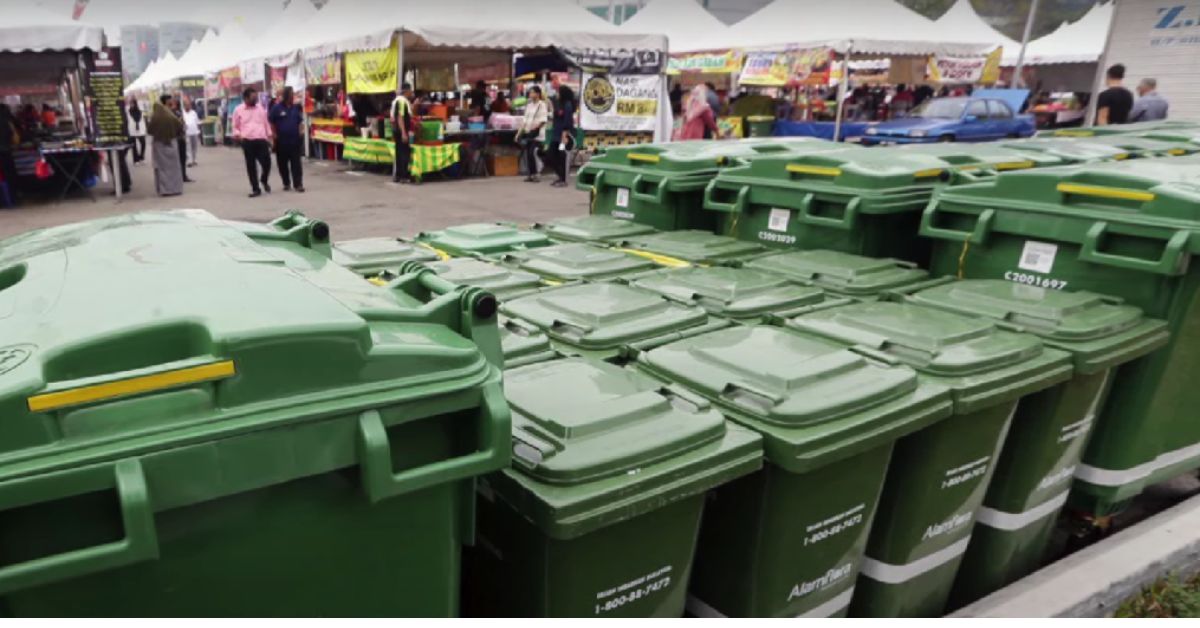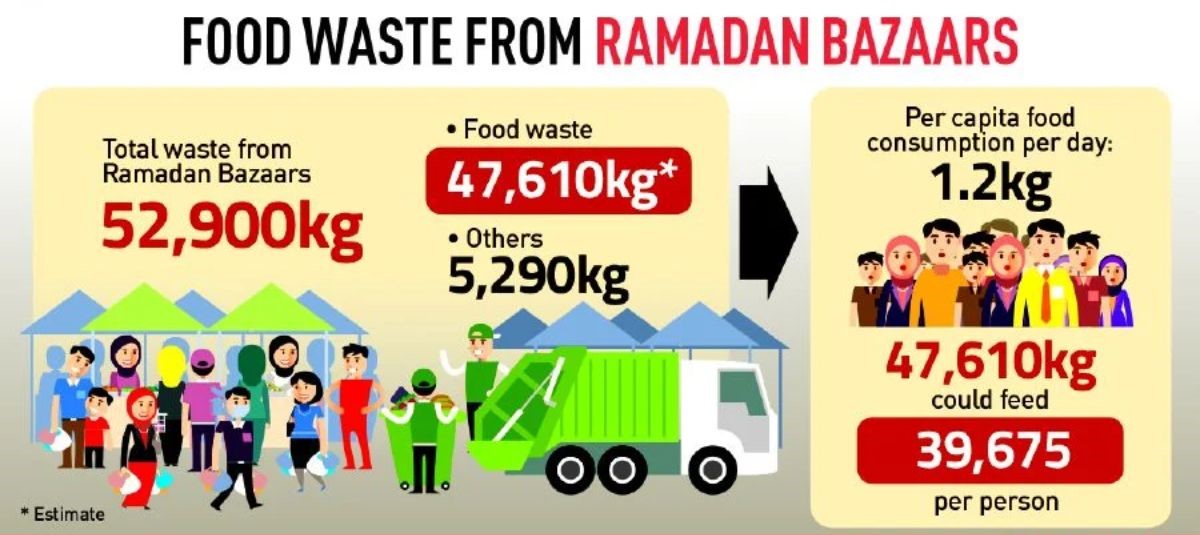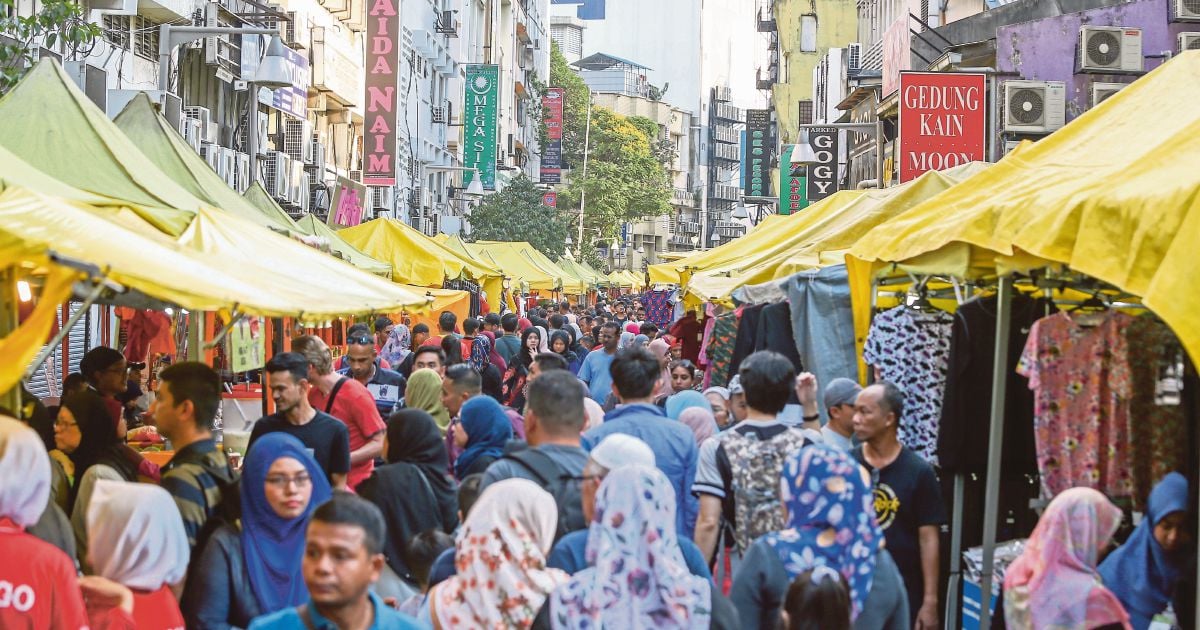KL & Putrajaya Ramadan Bazaars Are Generating Over 47,000KG Of Food Waste A Day
The amount of food wasted could have reportedly fed 39,675 people.
Kuala Lumpur and Putrajaya are reportedly throwing away a cumulated total of 47,610kg of food every day due to unsold items from Ramadan bazaars
In light of the Raya season, Ramadan bazaars have made their annual return, bringing us an endless stream of flavours and variety, every day for an entire month.
However, according to New Straits Times, Ramadan bazaars are responsible for the copious amount of food wastage happening across Kuala Lumpur and Putrajaya right now.
Federal Territories Solid Waste and Public Cleansing Management Corporation (SWCorp) director Ummi Kalthum Shuib said a study was conducted and the results showed that an average of 52,900kg of garbage were being produced every day, with 90% of it being food waste.
The study also showed that the garbage was generated by a total of 5,694 food stalls, with each stall in Kuala Lumpur generating an average 9.5kg of waste per day, while the ones in Putrajaya averaged 7.3kg per day.
The amount of food waste produced in a day from both Federal Territories would have been enough to feed 39,675 people
"If we calculate 90% of 52,900kg, it's 47,610kg. If it's divided by per capita food consumption per day, which is 1.2kg, we could've fed 39,675 people with that amount of food waste," Ummi told the New Straits Times.
This also means that by the end of Ramadan, both territories would have wasted an estimated 1.4 million kilogrammes of food, which is equivalent to the weight of 1,428 Perodua Myvis.
She said 81% of the traders claimed that they recycled the balance of their food. However, there is no evidence to support their claims.
Ummi added that only 16% of traders claimed that they were able to sell off all their food.
Ummi attributed the food wastage to the lack of planning on the traders' part made, urging all stall owners to prepare the amount of food appropriate to the size of the crowd
"During the early days, they should look at the trend (the amount of customers every hour)," said the director.
"If business is slow on weekdays, for example, they could reduce the amount of food they are selling."
Ummi continued that the act of pre-packing a set amount of food contributed to an increase in food wastage, as it forced customers to buy more than what they could eat.
"You cannot buy just two kuih, you have to buy five (of one kind). We want to try two types of kuih, but we can't, and if we buy two (types of kuih), we can't finish them," she explained.
She mentioned that she had tried asking a trader to sell her half of the portion that they were offering, but they did not allow that. She believes that is a bad attitude to have when doing business.
Ummi also encourages all attendees to bring their own reusable bags and food containers to help reduce plastic waste.


